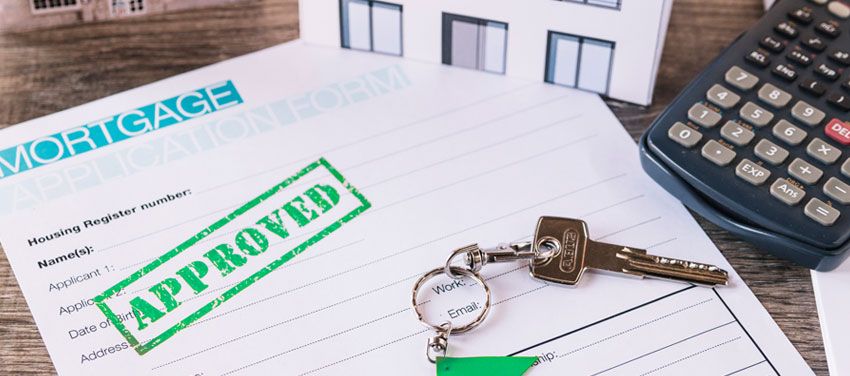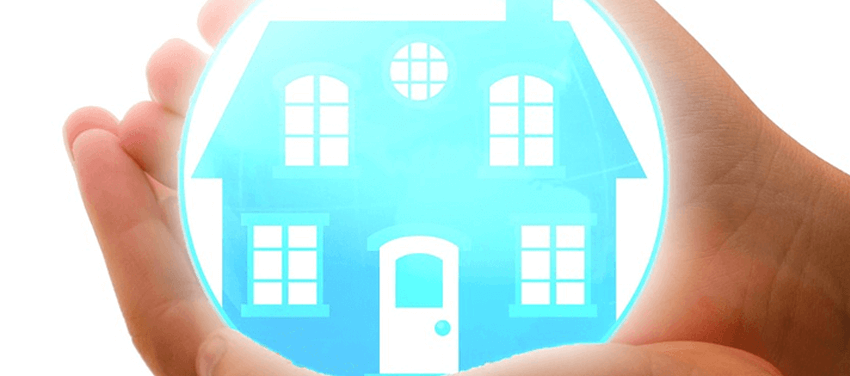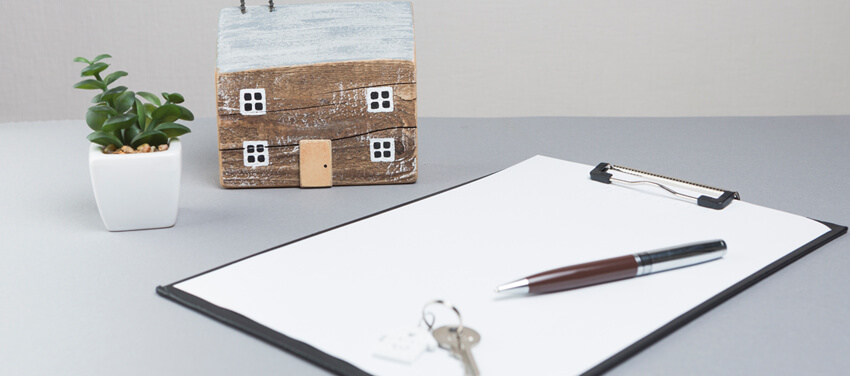The Mortgage Process: The Essentials
Buying a house is a complicated process that involves many steps. Whether you’re still in the process of looking for a suitable property to buy or you’ve already found one and made an offer, this guide will explain how to apply for a mortgage and discuss the various steps involved in the mortgage application process.
If you need advice on any other stage of buying a house, then check out our guide to buying a home which will walk you through the end to end process. If you are more interested in the process from a remortgage perspective then read our guide to remortgaging now.
Should you apply for a mortgage before or after you find a property?
Sellers and estate agents will generally prefer to accept offers from buyers who have already made some progress with a mortgage application as it gives them more confidence that things will proceed smoothly. As lenders will require that you supply them with the details of the property that you plan to buy when you apply for a mortgage it may not be practical to make a full mortgage application at such an early stage.
The solution is often found in taking a halfway step in the form of obtaining something called an ‘agreement in principle. In short this typically involves giving a lender an overview of your financial situation and allowing them to run a credit check.
In return they will give you a document stating that they should be able to lend you the amount of money you were hoping for. However, it is important to be aware that this is not a guarantee as it will be subject to a full underwriting review at the application stage. Our mortgage in principle guide will give you further information.
How much can I borrow?
The first thing you need to do once you’ve decided that you’re buying a house, and are ready to start the mortgage process, is work out how much you are likely to be able to afford to borrow. This should ideally be done before you start looking for a property so that you know which properties are within your budget. You can use our borrowing calculator to get a rough idea but for an exact answer you will need to speak with one of our advisers.
Next, decide how much deposit you will be able to pay. The bigger the deposit, the better the mortgage deal is likely to be. Remember to factor in the other costs involved with buying a house.
Applying for a Mortgage
So you have found a property within your budget and negotiated a price. Here are your next steps:
- Collate your paperwork
A mortgage lender will require you to submit an extensive list of documents with your mortgage application to prove everything you have told them is accurate. Read our ‘what do you need to get a mortgage?’ guide which outlines the paperwork and documents you will need.
- Speak to a mortgage adviser and choose a mortgage product
You can of course go directly to a mortgage lender but using a mortgage broker such as ourselves widens your access to a much larger range of options. We will assess your individual circumstances, check through affordability and recommend the most suitable mortgage for you.
Our advisers will then be on hand to manage the mortgage application process from end to end and be the point of contact between you and the chosen lender. The best part is that our service is totally free. Get an advice now from one of our team.
- Making a formal mortgage application
After you have made an offer on a property and it has been accepted by the seller, you need to make a formal mortgage application. This involves giving the lender various personal and financial details, credit scoring and submitting your financial paperwork for review.
It is at this stage that you may be required to pay some fees to your chosen mortgage provider depending on the details of the individual mortgage product. Typically this would be to cover costs of the property survey and sometimes a small non-refundable administration fee to cover the lender’s initial time investment in your application.
What happens after you have submitted your mortgage application?
The lender will assign an underwriter to your application who will take some time to consider your mortgage application using various factors including your employment history, credit history, the property you want to buy and the amount you want to borrow.
The underwriter will also verify the documentation you provided in your application. They may ask for additional information or documentation to be supplied if anything is not clear or requires further clarification.
What about the property survey?
Once the underwriter is satisfied that everything is in order they will arrange for a surveyor to carry out a valuation report for the property to confirm its market value and suitability as collateral.
Often the estate agent will be keen for this to happen as soon as possible as they see it as something of a milestone in the buying process which gives the vendor confidence that things are going to plan.
If you are under pressure then some lenders will be willing to instruct the survey at the very start of the process but bear in mind that once the survey has been carried out, any fees paid for this would be non-refundable.
The Mortgage Offer
If the lender is happy with the contents of your mortgage application and the property valuation received back from the surveyor, then you are well on your way to becoming a property owner! You will receive a formal mortgage offer in writing.
If you accept it, a copy of the mortgage offer will be sent to your solicitor and the conveyancing procedure can progress to the final stages. Read our guide for detailed information about the conveyancing procedure.
The mortgage offer represents the end of the mortgage application process as it is a binding and formal agreement from the lender to offer you the necessary funds. This offer will usually be valid for between 3-6 months so use it or lose it! If it expires you may be able to request an extension subject to providing some more up to date information or documentation.
How long does it take to get a mortgage application approved?
In some cases the mortgage process can be completed in just a matter of days. However, on average it typically takes between 3-6 weeks to see the process out from start to finish depending on the complexity of your application and whether additional information is requested by the underwriter.
Some lenders are considerably faster than others and average processing times change day to day depending on various factors. If timescales are a concern then it is even more important to seek help as our advisers will have up to date knowledge or which lenders to recommend for a speedy turn around.
Exchange of contracts and completion
With the mortgage offer in hand, your conveyancer will be able to prepare for an exchange of contracts followed by completion. Funds will be taken from the lender and sent to the vendor which means the property is finally yours.
Congratulations, your journey through the mortgage process and buying a house has come to an end and you are now a property owner! All that’s left to do is pack and move. Check out our useful moving home checklist for some top tips.





